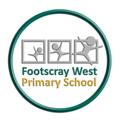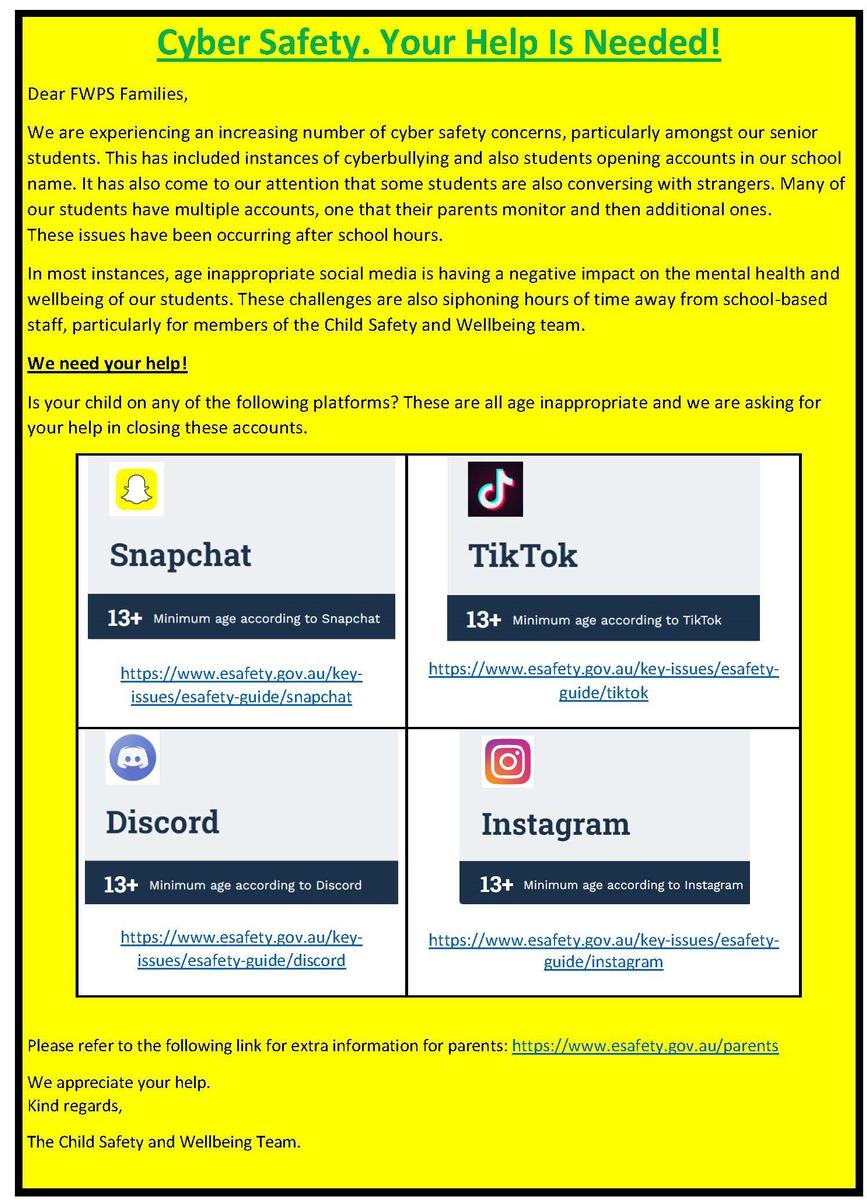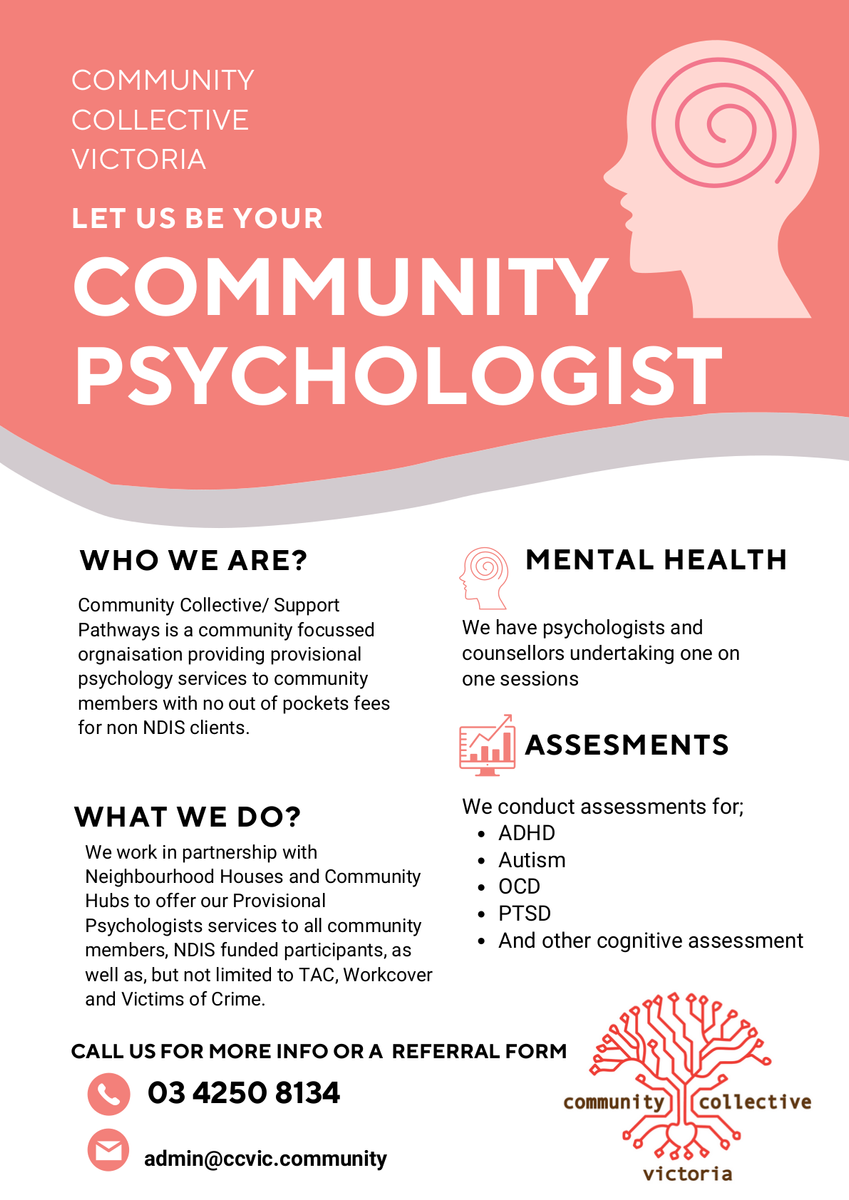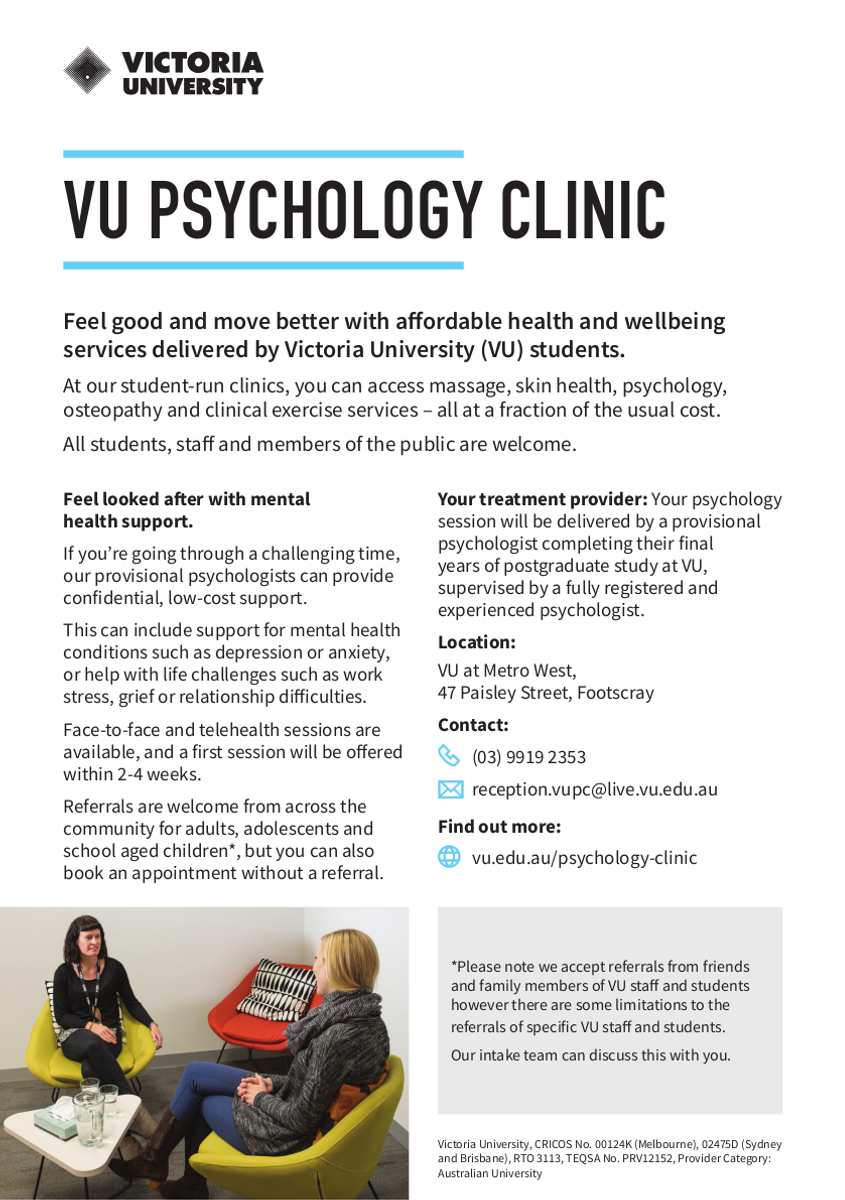Wellbeing & Inclusion News

Cyber Safety. Your help is needed!
Please click below for the pdf with links:
Anxiety in Children
What is generalised anxiety in children?
Generalised anxiety typically starts to show when children reach school age. Younger children usually don’t have generalised anxiety.
Children with generalised anxiety might:
- worry about a lot of things – for example, health, schoolwork, school or sport performance, money, safety or world events
- feel the need to be perfect
- be scared of asking or answering questions in class
- find it hard to perform in tests
- be afraid of new or unfamiliar situations
- seek constant reassurance
- complain about feeling sick when they’re worried.
It’s easy not to notice generalised anxiety in children. Children who have it often work very hard in the classroom and other situations. It can be difficult to know they’re constantly worrying.
But they often ask a lot of questions, over and over, in new situations – for example, ‘What’s going to happen?’ or ‘What if … ?’
There are also some physical signs – daydreaming, stomach aches, headaches, tiredness and inattention. Children might also spend more than an hour getting to sleep at night, because they’re worrying about the events of the next day.
How to support children with anxiety
If your child shows signs of normal childhood anxiety, you can support them in several ways:
- Acknowledge your child’s fear or worry and let them know that most children feel anxious sometimes. You can encourage your child to be kind to themselves when they feel this way.
- Gently encourage your child to do things they’re anxious about, but don’t push them to face situations they don’t want to face.
- Wait until your child actually gets anxious before you step in to help.
- Praise your child for doing something they’re anxious about.
- Avoid criticising your child for being afraid or worried.
- Avoid labelling your child as ‘shy’ or ‘anxious’
If you are concerned about your child's anxiety, please book an appointment with your child's GP or paediatrician.
Taken from Raising Children Network
Community Collective Victoria - Psychologists and Counsellors
Community Collective Self Referral Form:
VU Psychology Clinic



